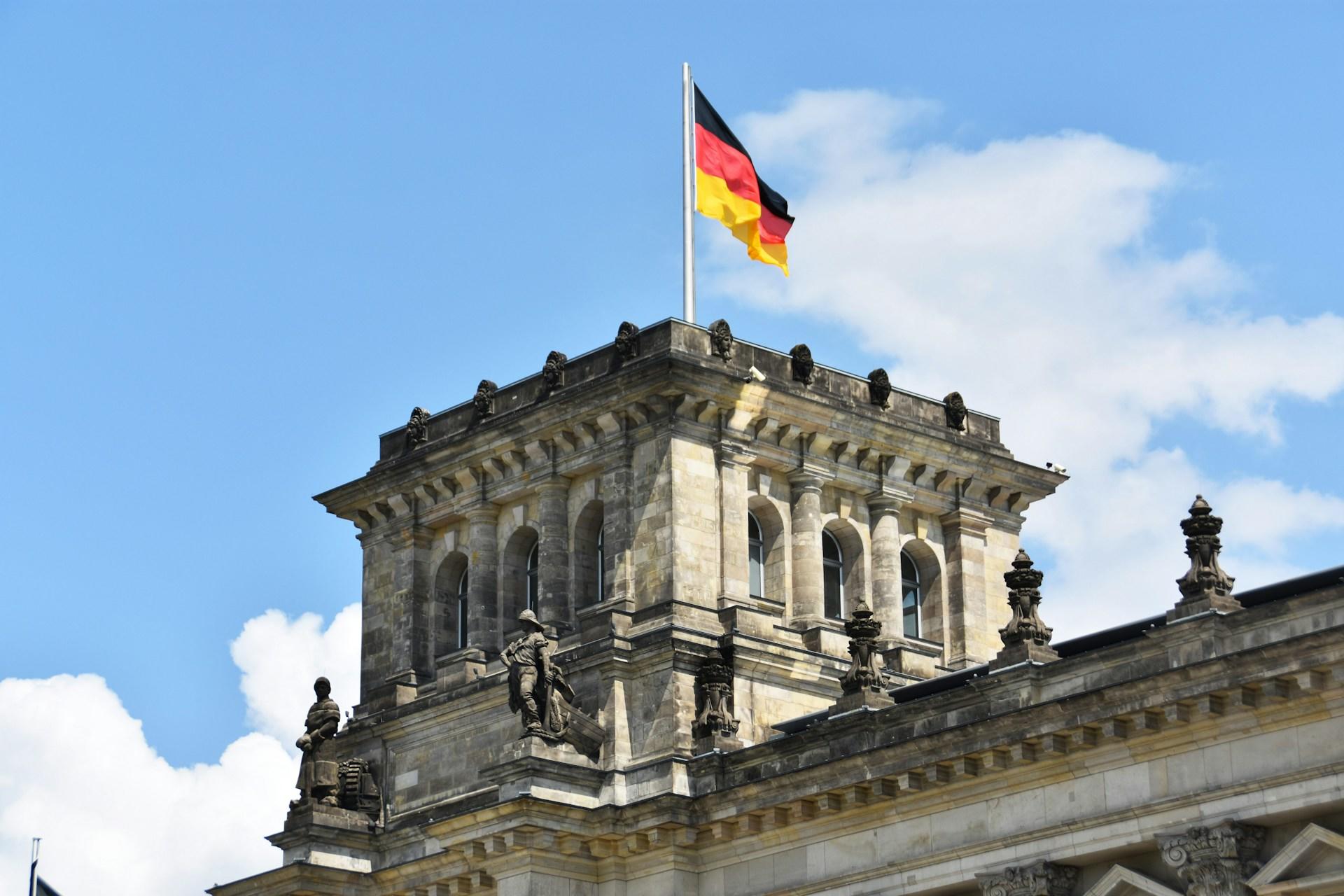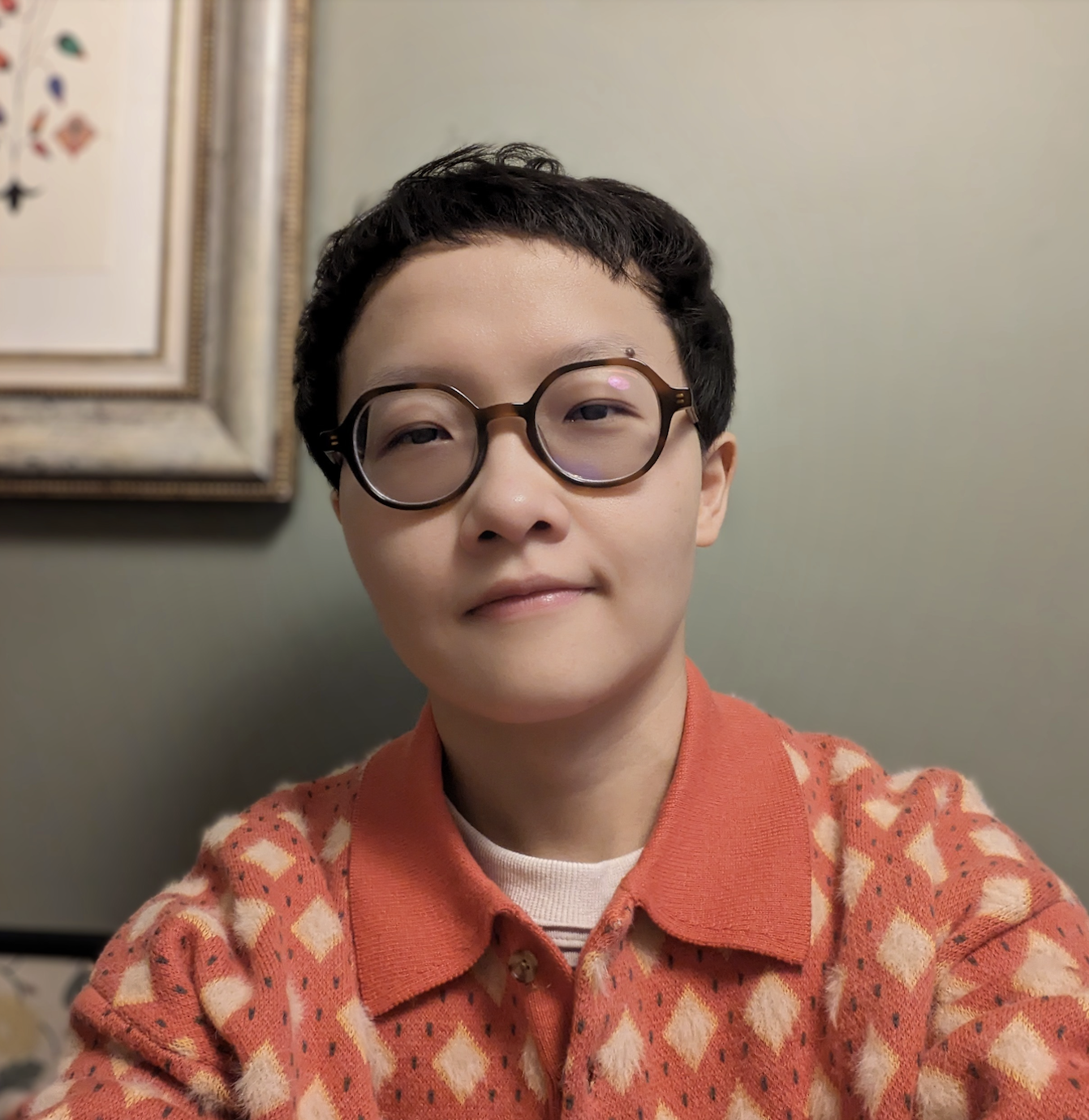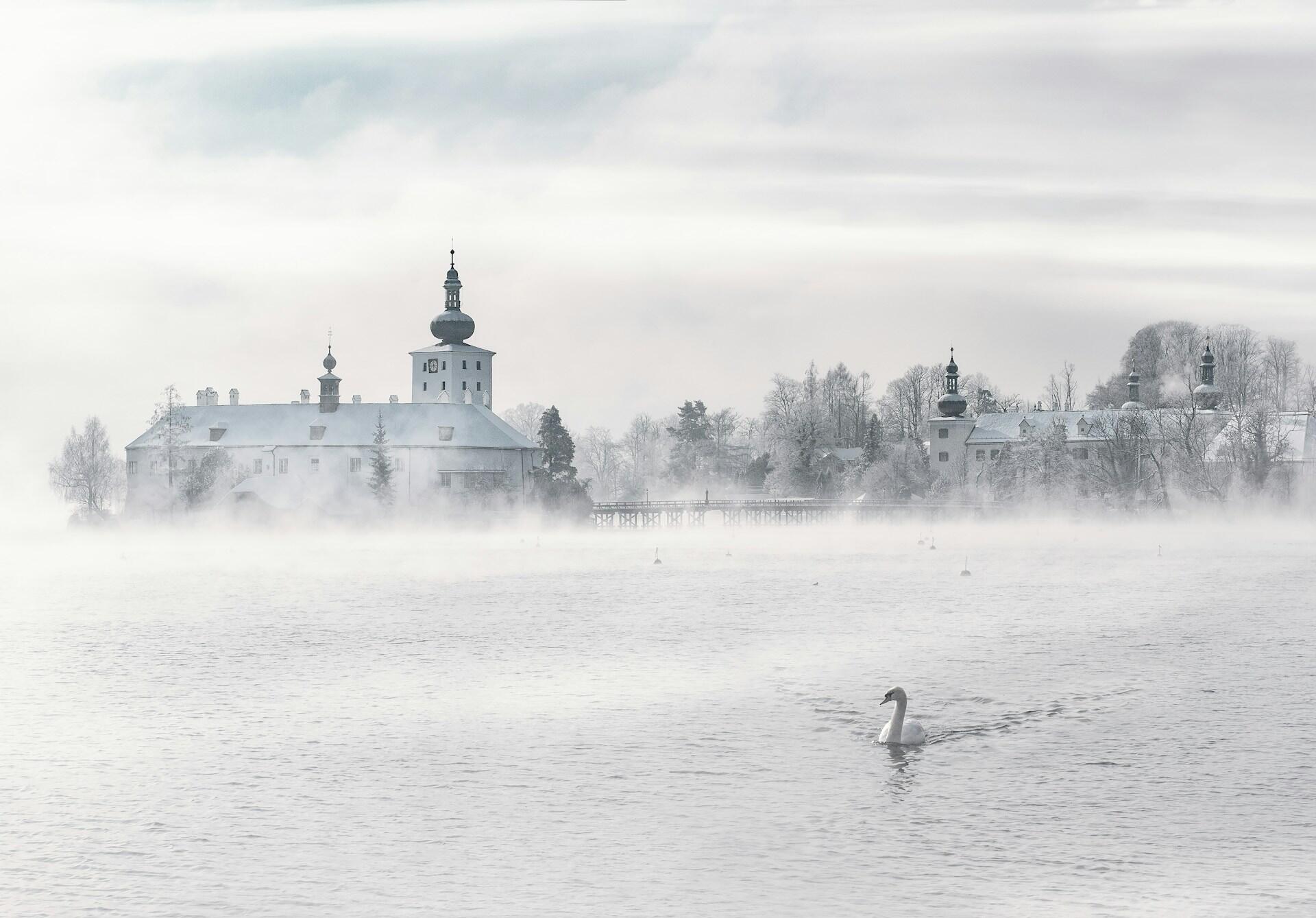The German language is famous for its compound words, some of which stretch across entire lines on a page. These words, often specific and descriptive, offer a unique insight into the way the German language constructs meanings and concepts. Do you think you are familiar with these titanic words?
In this article, we invite you to test your knowledge and immerse yourself in the fascinating world of the longest words in German. Get ready for a linguistic journey like no other. Let's see how many you know!
Quiz
Quiz :
The Magic of Composition in German 🇩🇪
After taking the test, you probably appreciated the uniqueness of the word formation process in German. Unlike many other languages, German has the ability to combine words to create new, specific terms. This technique, known as composition, allows German speakers to describe objects, situations or concepts precisely, using a single word instead of an entire phrase. This linguistic phenomenon reflects the efficiency and practicality of the language, but it can also be a source of humor and creativity. Some of these compound words can be so specific that they only make sense in certain contexts or regions, making them even more fascinating for language lovers.
The Challenge and Charm of Giant Words 📝
While these words may seem intimidating at first, especially for German learners, they are an essential part of the rich texture of the language. Mastering them not only increases your vocabulary, but also gives you a deeper understanding of how Germans see and describe the world around them. But beyond the complexity and length, these words are a testament to human ingenuity and how languages evolve to meet the needs and curiosities of their speakers. German, with its ability to construct giant words, is a reminder that the limits of language are as expansive as our imagination. So whether you are a native German speaker, a student of the language, or simply someone with a passion for words, continue enjoying and exploring this wonderful and challenging aspect of German. May your linguistic curiosity never end!
Summarise with AI:


















